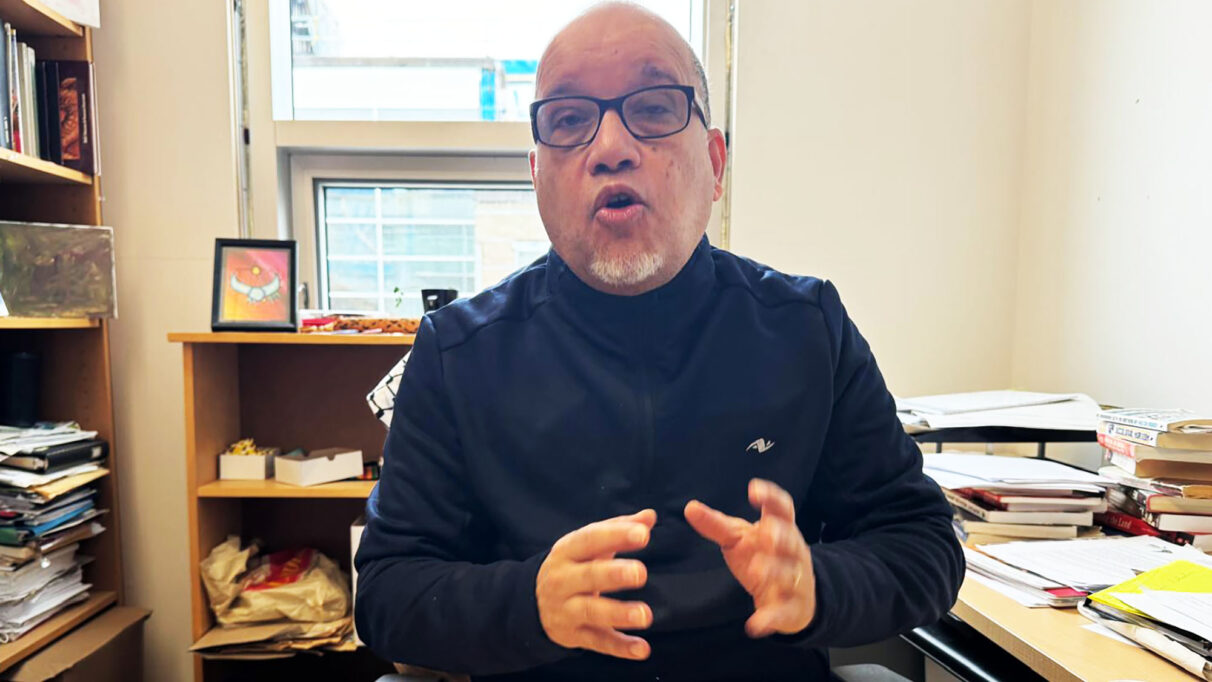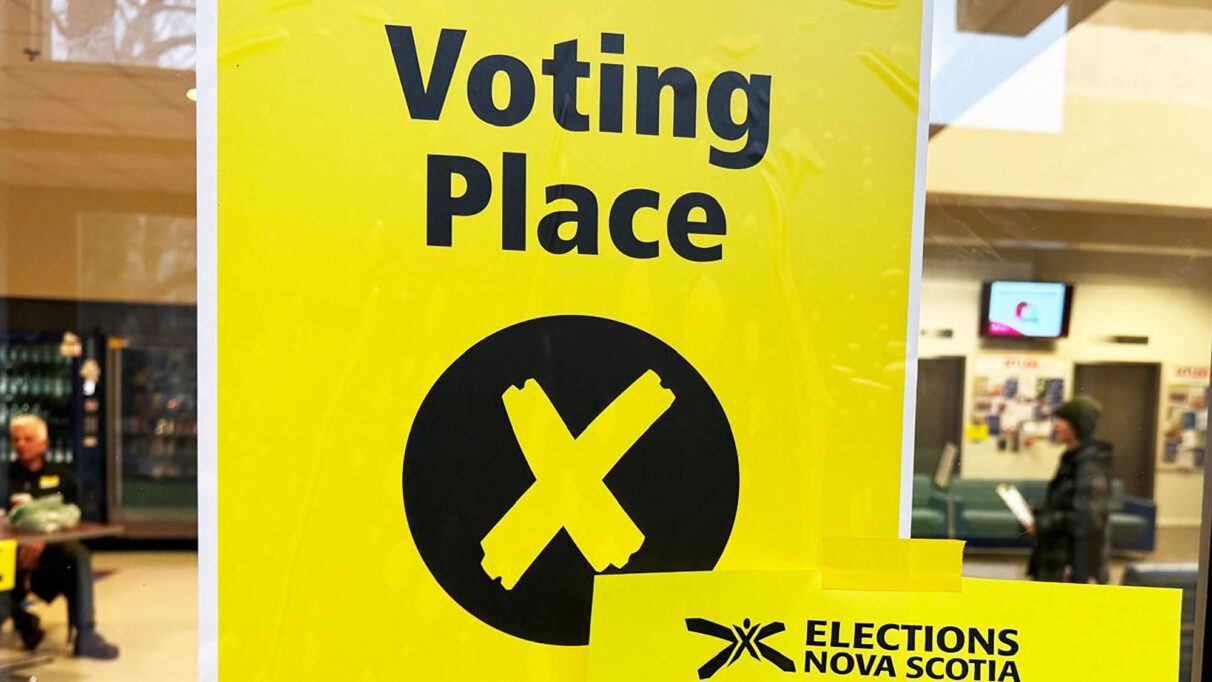Lack of information cards made it harder for seniors to vote
Family members say changes made it harder to find polling stations

caption
Some seniors enjoy a meal with young people. Older voters may have to depend on younger family members to help them cast a ballot in this year's provincial election.Some Nova Scotians with older family members say the absence of mailed election information made it difficult for those people to vote in the provincial election.
Elections Nova Scotia decided in late October it would not mail voter information cards because of a potential labour disruption at Canada Post.
A voter information card (VIC) confirms the voter is on the voters list and tells the voter where and when to vote. It is usually mailed out to all voters in the early stages of an election campaign.
Postal workers went on strike on Nov. 15 and are continuing their work stoppage.
“Older people don’t take too kindly to change. This is a sudden change. My nana is not going to vote this year,” said Michelle Comeau, whose older family member is still expecting to receive her card in the mail to her even now. “This decision is impractical, you know.”

caption
Dalhousie professor Isaac Saney says the state should provide voting opportunities for everyone.Dalhousie professor of African studies Isaac Saney says it is the responsibility of the state to ensure that everybody who has the right to vote has the opportunity to vote. He says that is fundamental.
“When I think of seniors, people who have lived, who have worked, who have paid taxes, in a sense are now in the twilight of their years but still has a role to play in society, I mean, their vote is valuable, just as anybody’s vote. I don’t know if it’s a form of ageism, in a sense that as you get older, you are seen as less productive and erroneously seen as less valuable to society,” said Saney.
Other older voters are uncomfortable with new procedures for voting and might need help from their family members.
Jack Mitchell, who was voting at a polling station at Saint Mary’s University, said he would help his dad with voting, but the procedure will be unfamiliar to him.
“My dad or anyone can vote without the VIC,” he said. “But this whole process, it’s new for them and it sucks for folks that age, I guess.”
Mitchell said his dad wasn’t likely to surf the internet for information on how to vote without a VIC. This older demographic comprises the most reliable voters, he said, and the move would affect voter turnout.

caption
Nova Scotians voted for a new provincial government on Tuesday.Shanna Marie agreed.
“It is weird,” she said. “The strike is the reason for this and not everyone will go online to assess information.”
How many seniors will go online for information?” she asked. “My aunt won’t.”
Dorothy Rice, chief electoral officer of Nova Scotia, said Nova Scotia’s Elections decision was a hard one.
“Please understand, it was a difficult decision not to print VICs …,” she said, adding that her office had been working to get the message out to seniors.
Rice said Elections Nova Scotia wanted to ensure there was a clear message for voters if there is a postal strike.
She said it is important for voters in Nova Scotia to know they can vote without a VIC, they simply have to go to a voting location and the election workers will assist them.
Voters can find a voting location near them by entering their address into the ‘where do I vote’ tool on Elections Nova Scotia’s website (electionsnovascotia.ca) or by calling 1-800-565-1504.
Elections Nova Scotia launched a voter awareness campaign which includes a variety of media outlets such as radio, traditional print, as well as social ads. This campaign is focused on helping voters to find the information they need about the election.
Rice said her office will report on voter turnout in the post-election reporting.
Meredith Kent, who was voting Tuesday in Halifax, said it was unfortunate that a lot of mailers did not go out. She doubts her elderly relatives will be able to vote.
“Oh, that is a sin. Election mailers should really be the most accessible,” she said.
About the author

Tamunopekere Gbobo Adekoya
Tamunopekere Gbobo Adekoya is a master of journalism student at King's. She has a PhD in International Humanitarian and Human Rights Law.
